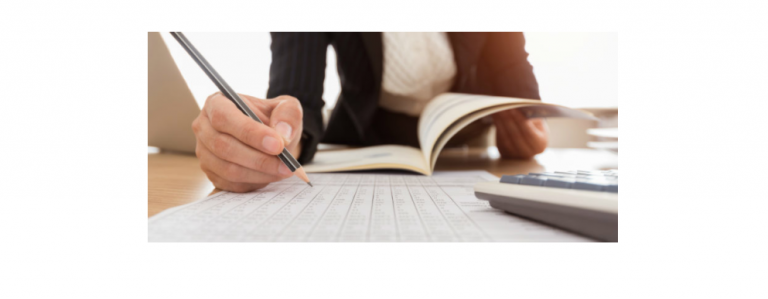The general ledger is an accounting book in which, on separate sheets, all the balance sheet accounts (asset and liability) and the expenses and income that are used in a company, as well as all its movements.
To record operations, the double entry system is used, so that the accounts are represented in the shape of a “T”, where the left side is called "HAS TO" and the right "TO HAVE", transferring the operations of the journal grouped by accounts. For example, if we have an entry for a cash receipt from a customer, we will record the credit amount in the customer's ledger account and the debit amount in the cash account.
This book, with its classic brown covers, bound and handwritten, is part of the history of accounting, some of which are already museum pieces or relics kept by long-established companies along with other antiques.
Currently, the ledger is generated by accounting programs, which automatically transfer entries from the journal to the general ledger, and can find specific applications for self-employed workers and SMEs, for consultancies and offices or for large companies.
Although this is not one of the mandatory accounting books, we are faced with one of the most used in accounting, since in it all accounts are collected one by one that have been used and their movements during the accounting period.
What is the ledger used for?
The main function of the general ledger is to reflect in each of the accounts the operations that occur and record in the journal during the financial year chronologically, so that it can be know the balance remaining in each account for registered operations.
We are faced with one of the most used tools for accounting review, along with the balance sheet. While the latter can give us clues about accounts to review, for example, accounts with a balance contrary to its nature, to carry out this review we will have to go to the account ledger, checking, for example, that all a client's invoices have been collected, or those invoices that are pending payment to a supplier.
The review of major bank accounts, which must be reconciled with the bank statements, is one of the tasks that every good accountant must perform, since having the banks up to date and reconciled is a symptom of good accounting. Furthermore, the balance reflected in the cash accounts must match if all operations are recorded with the cash in them.
Ledger loan accounts are also frequently used, as they Bank liabilities must be perfectly registered and compared with the CIRBE, since if the banking entities ask us for the banking pool and the data provided substantially disagree with the CIRBE, can call into question accounting and tighten the conditions for access to credit, or directly deny financing applications.
Currently, there are accounting programs that facilitate reconciliation of different accounting accounts, but, even so, consulting the elders is a recurring task that many accountants perform today to see pending customer credits, pending payments to suppliers, check that all operations are accounted for, or that they do not exist. errors in the accounting record of operations.
The review or scoring of the majors It can therefore be done in the accounting programs that facilitate it, exporting them to a spreadsheet or printing the ledgers of the accounting accounts and marking the operations manually. Here each accountant uses the technique that is most comfortable for him.
Fountain: SAGE

































